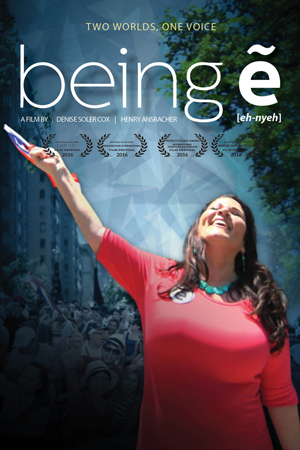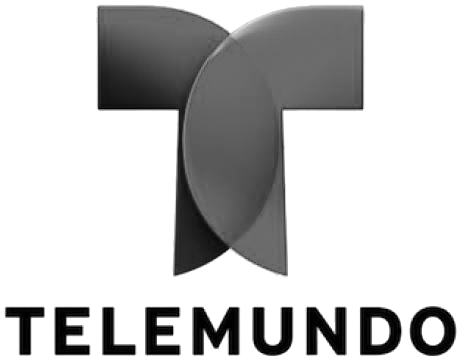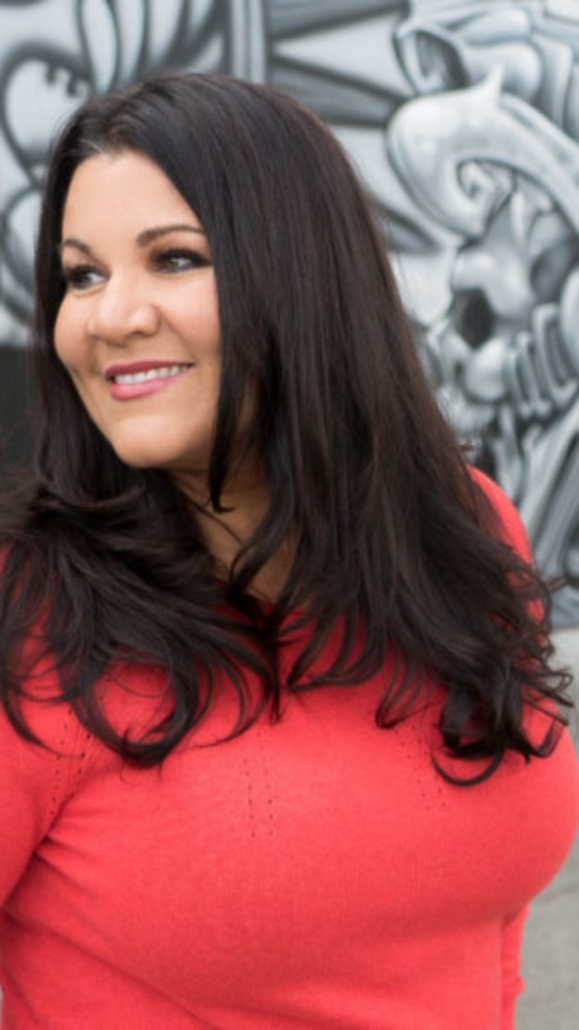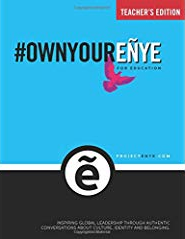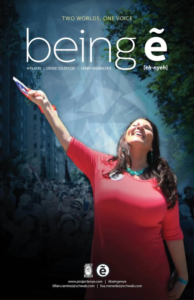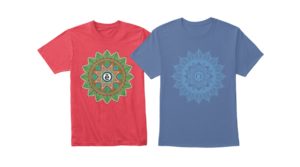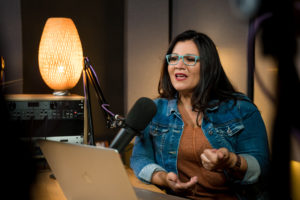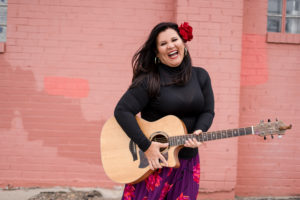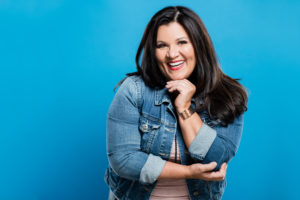
As we head into the new year and get closer to the completion of the “Project Eñye” documentary [being eñye] some have wondered why we need to label ourselves in the first place. Why do we need to name our experience?
After all aren’t labels just another way to create divisions?
They have wondered why we can’t just simply be American’s. They worry that labels like Ñ, or “First-Generation Americans” might just highlight our otherness. I will argue that as much as we hate to admit this in many ways we are already a divided nation. Just take a look at the discourse around the 2016 election to see just exactly how divided we are. While of course Latinos do not hold homogenous views on politics this past year has marked a turning point in how we talk about race, and even who owns the narrative about race.
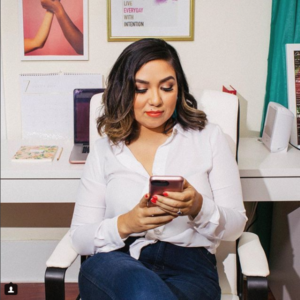 The Black Lives Matter Movement garnered many headlines and gave voice to the frustration many have been feeling for some quite some time, it was an organic movement led by mostly young African-Americans attempting to reclaim how we talk about race in this country and how to define what is just. While of course, not everyone will agree with the movement it did open up an important conversation. Simultaneously, there was another story happening across our country, where for the first time Ñ’s across the country spoke out about their experiences at some of America’s elite academic institutions. Their narratives served as a stark reminder that while we are making great strides, issues of race, privilege and class do not disappear simply because we decide to unify ourselves under the term “Americans.” These students talked about a lot of important things but they also highlighted that being a first-generation Americans can be an isolating experience. In fact, for some of these students achieving what are considered milestones of success such as attending college only intensifies those feelings. What they said demonstrated that the label of Ñ allows us to share our experiences. Because this isn’t about assimilation and disappearing into the dominant “American” culture. It’s about being American but allowing ourselves to appreciate our culture and express our identities whatever way we choose to do so.
The Black Lives Matter Movement garnered many headlines and gave voice to the frustration many have been feeling for some quite some time, it was an organic movement led by mostly young African-Americans attempting to reclaim how we talk about race in this country and how to define what is just. While of course, not everyone will agree with the movement it did open up an important conversation. Simultaneously, there was another story happening across our country, where for the first time Ñ’s across the country spoke out about their experiences at some of America’s elite academic institutions. Their narratives served as a stark reminder that while we are making great strides, issues of race, privilege and class do not disappear simply because we decide to unify ourselves under the term “Americans.” These students talked about a lot of important things but they also highlighted that being a first-generation Americans can be an isolating experience. In fact, for some of these students achieving what are considered milestones of success such as attending college only intensifies those feelings. What they said demonstrated that the label of Ñ allows us to share our experiences. Because this isn’t about assimilation and disappearing into the dominant “American” culture. It’s about being American but allowing ourselves to appreciate our culture and express our identities whatever way we choose to do so.
A Dean at Claremont-Mckenna college in California admitted that low-income Latino students, many of whom are also “Ñ’s” didn’t “fit the mold” of the college. While this statement led to the dean’s eventual resignation it expressed the invisibility of our experiences. The
Ñ term is giving a voice to my life, a life that for so long felt removed from the mainstream narrative. While it is true so often in my own life I have felt that I do not fit the mold; I have finally recognized this as one of my core strengths. One of the most powerful Ñ’s in this country, Sonia Sotomayor has never shied away from her Latina identify and has alluded several times to the fact that being Latina informs her life in so many profound ways and is a source of wisdom. Imagine if upon her appointment she would have downplayed her roots or if she would have said, that she was simply American? Of course, she is American too. But she is so much more than that and by sharing candidly about her experiences whether it’s a judicial briefing or a memoir she has made it possible for others to embrace their “otherness.”
These conversations and Project Eñye are part of a movement that is going to transform this country. If the label seems pejorative or insulting we should ask ourselves why. After all there is nothing negative about being the child of immigrants, or even being an immigrant. If we feel any discomfort with identifying ourselves as such we should examine what messages we have internalized. After all, what makes us different also makes us powerful. Seeing people like ourselves is a powerful way to influence us to dream big, and to feel like our dreams can actually become a reality.
Shedding light on a group of Americans whose existence is so often non-existent or portrayed in a one-dimensional way isn’t divisive but uplifting.
The label isn’t meant to diminish the various ways in which we relate to or don’t relate to our parents but rather is it creating a way for us to speak up about our experiences. The project recognizes that Latinos are intersectional and that our experiences are diverse. We are Ñ’s but we are many other things too we are members of the LGBTQ community, we are parents, we are Afro-Latinos, or more recently we identify as Latinx. Now more than ever we need to be loud, proud and about who we are and the valuable contributions we bring to this country. Contributions that are made possible partly because of our immigrant parents who instilled in us the strength and courage to fight for ourselves and for our communities. We owe it to them and to ourselves. This conversation about race, identity, class and how we choose to advance it will be one of the defining issues of our Millennial generation.
—————————–
Betsy Aimee writes about politics, mental health, careers and millennial parenting for a variety of publications including: her own blog BetsyAimee.com, Marie Claire, Mom.me, ForbesWoman.com, The Muse, and Mommyish. She is a connector of people and believes stories can change the world. You can find her on twitter @betsyaimee, on her site betsyaimee.com, or on instagram @betsyaimeec or on her podcast The Currently Podcast.

